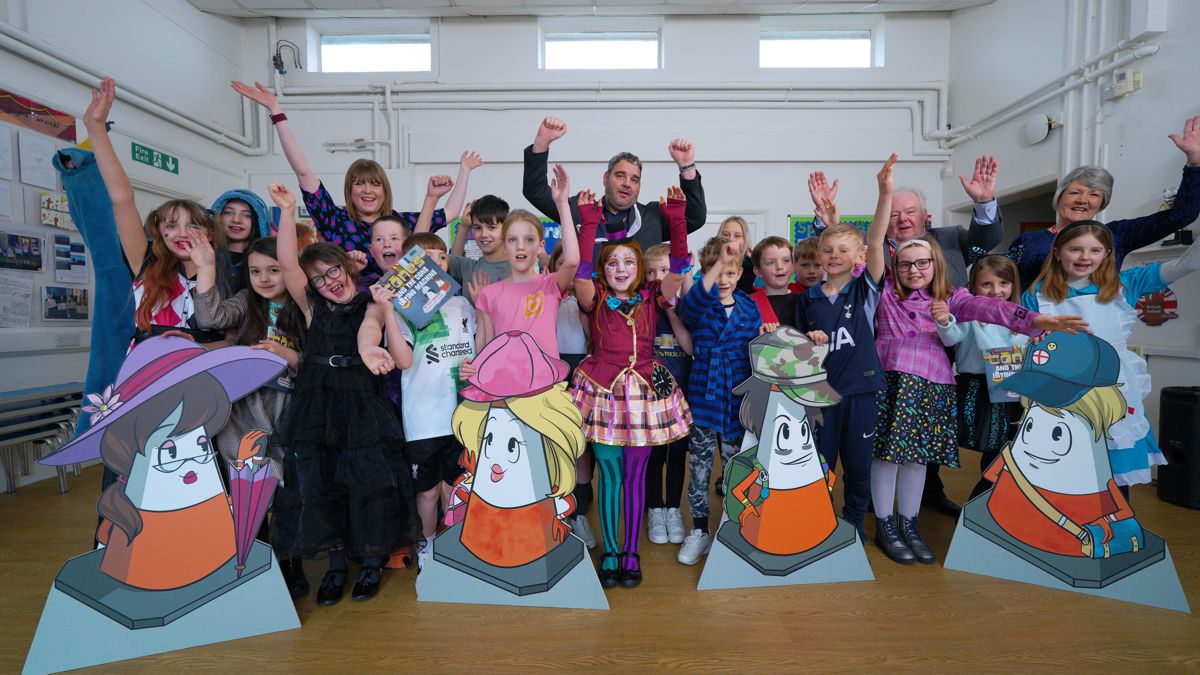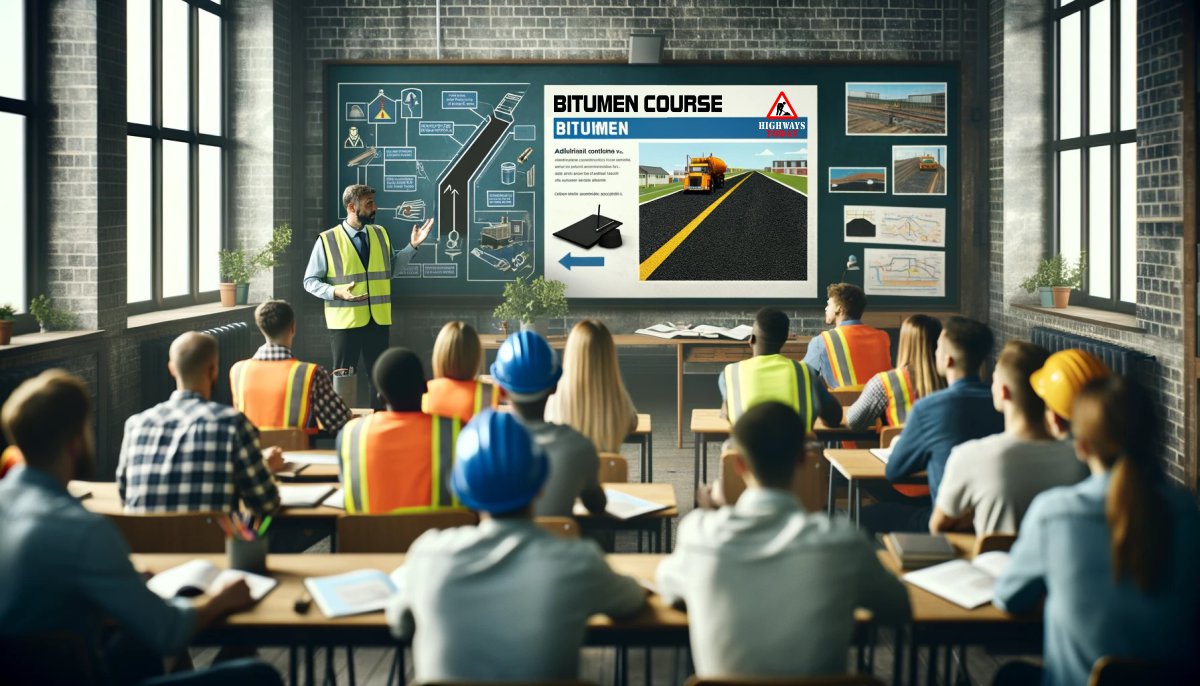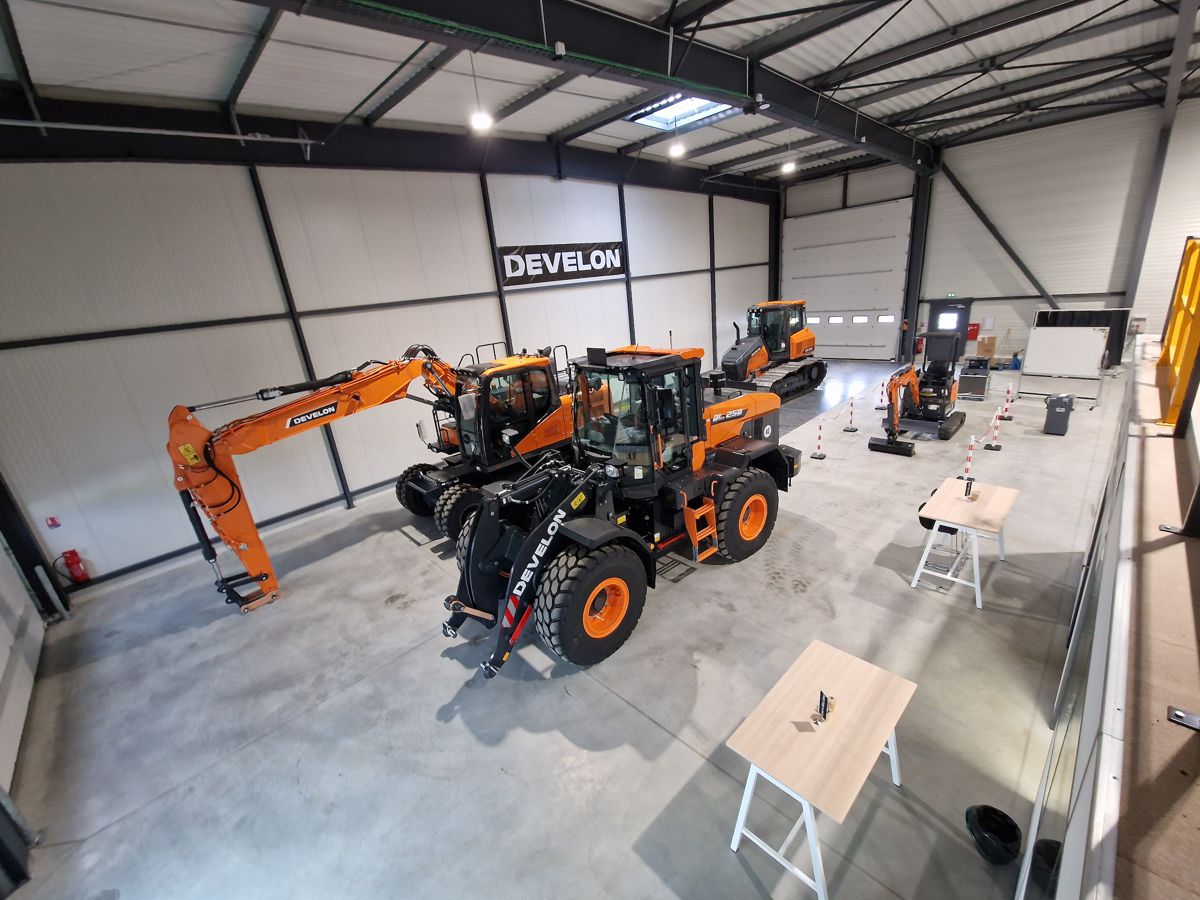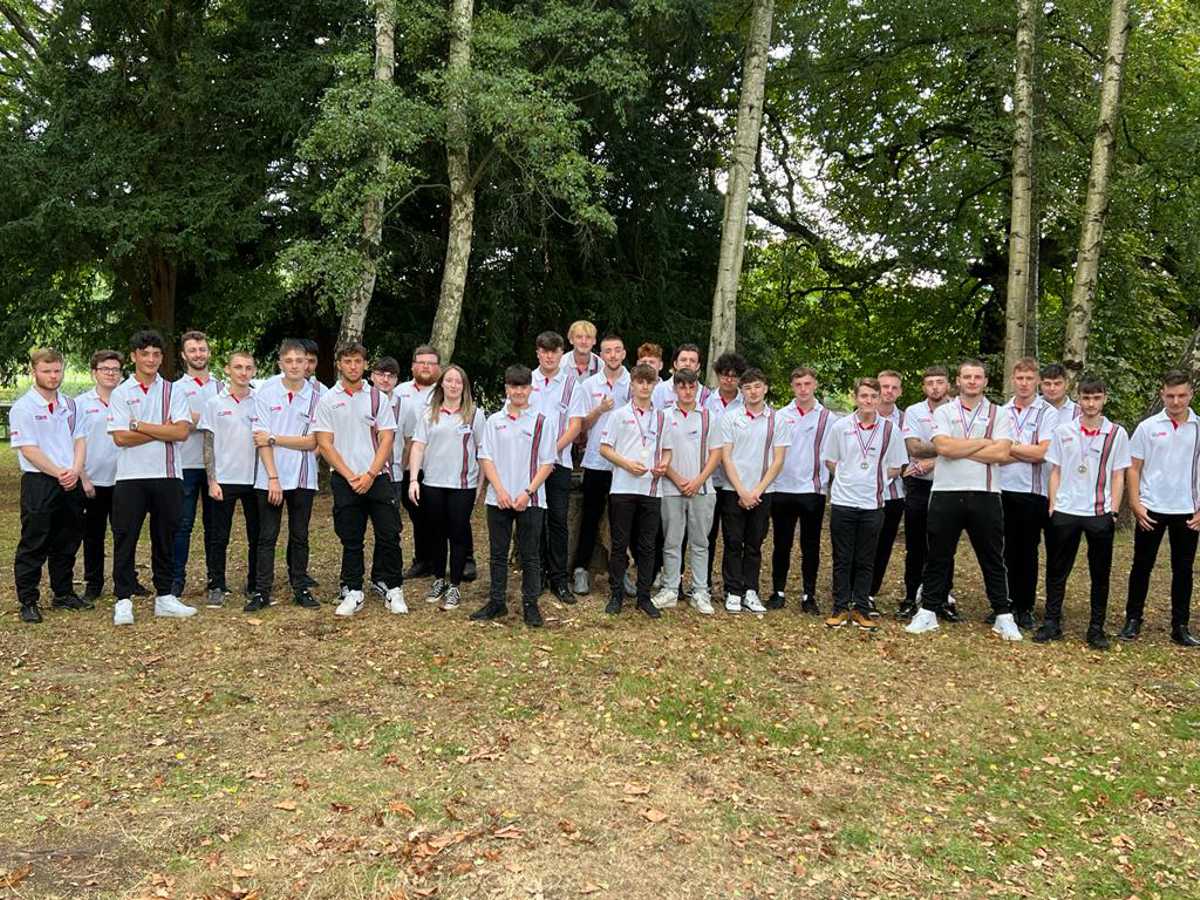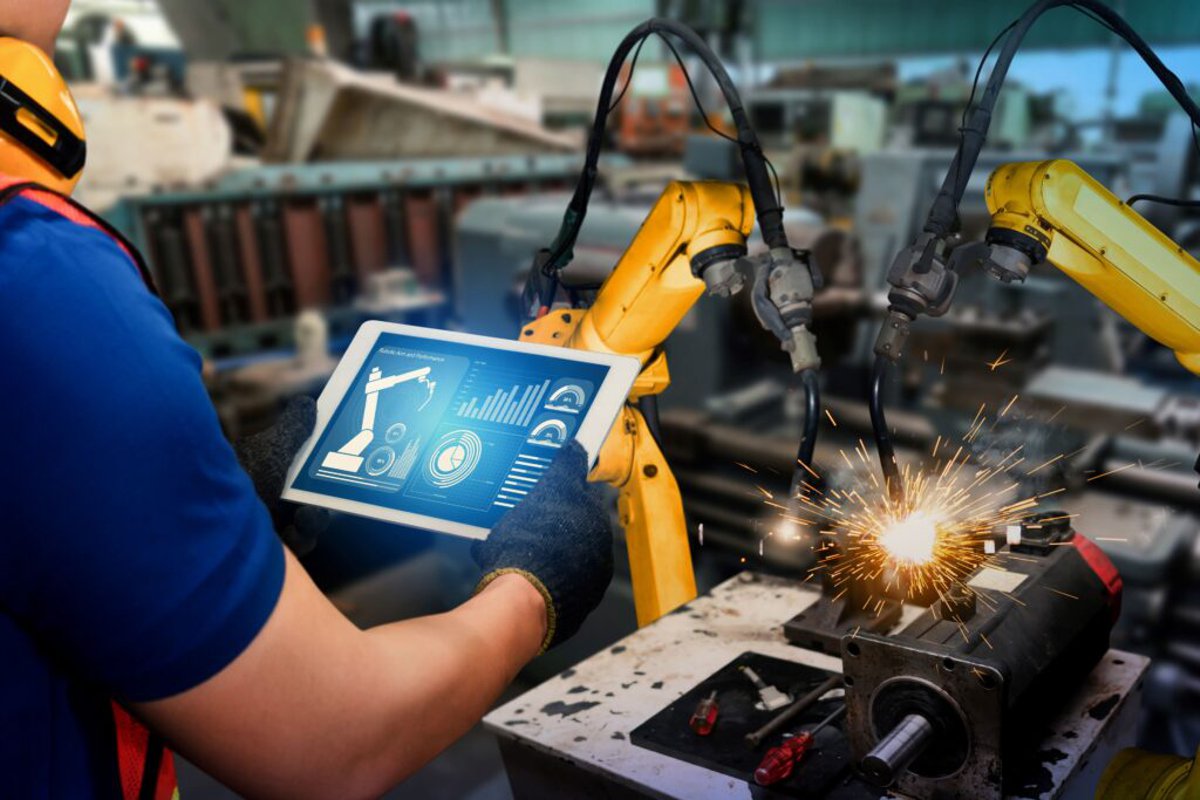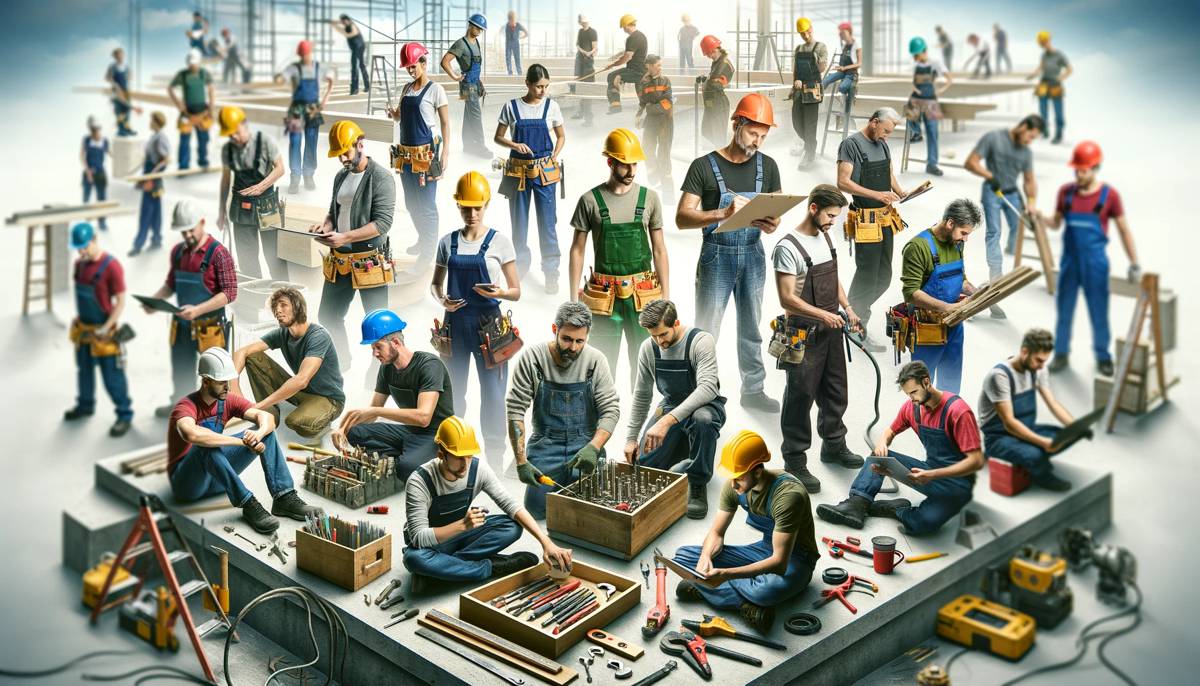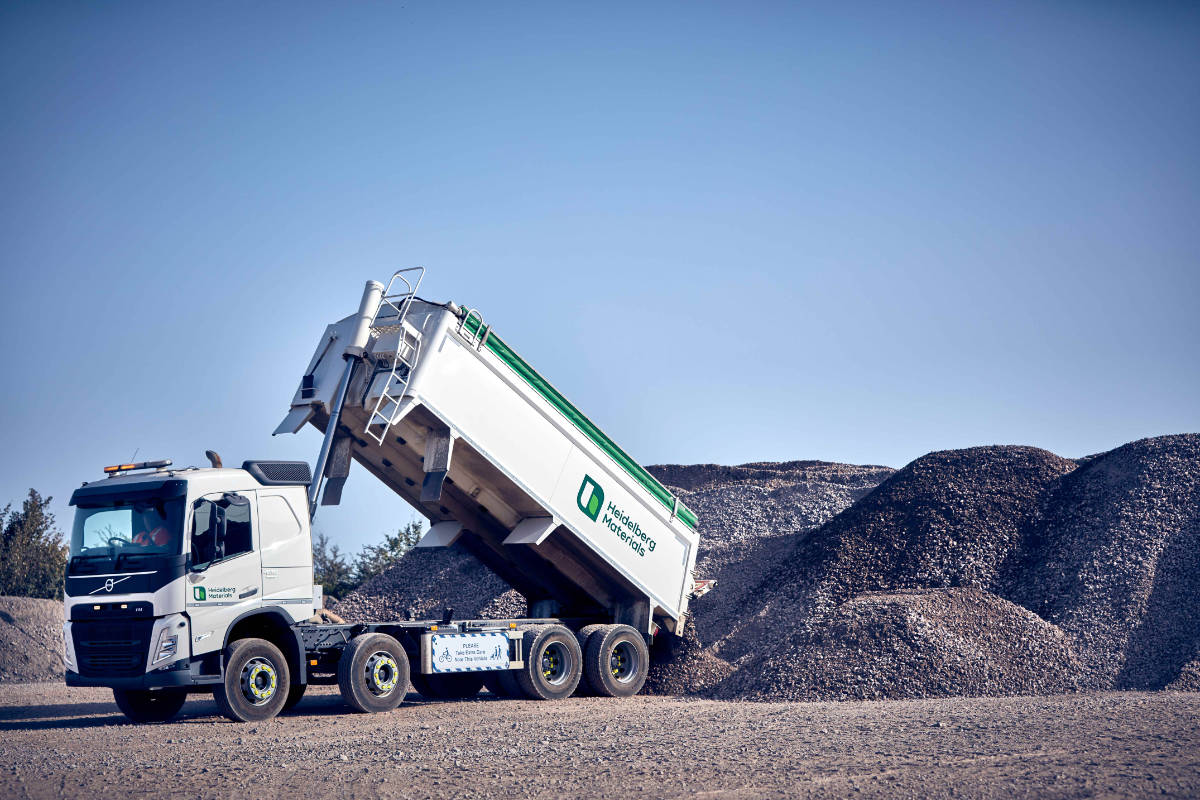US National Shell Science Lab Challenge announces 2020 Winners
Shell Oil Company and the National Science Teaching Association (NSTA) today announced the grand prize winner and four national finalists in the Shell Science Lab Challenge.
The competition encouraged teachers (grades 6–12) in the U.S. and Canada, who have found innovative ways to deliver quality lab experiences with limited school and laboratory resources, to share their approaches for a chance to win a school science lab makeover valued at $20,000.
“Students with access to a safe lab environment to inquire, explore, construct, test and interpret observations are more likely to cultivate skills that could motivate them to pursue science disciplines,” said Dr. Frazier Wilson, Vice President Shell Oil Company Foundation and Director, Workforce Development and Diversity Outreach. “The Shell Science Lab Challenge provides school labs quality outcomes, especially for science teachers who create innovative experiences for students despite limited lab environments.”
“The winners of the Shell Science Lab Challenge are model educators for teachers everywhere,” said Dennis Schatz, NSTA President. “We are excited to honor them for their creativity, resourcefulness, and commitment to their students.”
To enter the Shell Science Lab Challenge, 6–12 grade science teachers in the U.S. and Canada were asked to describe their school’s current laboratory resources, explain why the school’s laboratory facilities might be classified as “limited” resources, and describe their approach to science instruction utilizing their school’s current lab facilities. A panel of science educators reviewed and selected the top entries.
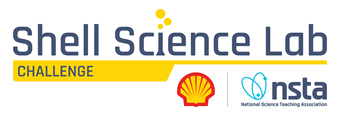
Grand Prize Winner
Amber Taylor, Hutto Middle School, Bainbridge, Georgia
Growing up in a small school system with few resources herself, Amber Taylor did not have a lot of science background knowledge when entering college—she had never performed a lab experiment. She tries her best to prepare her current students so that they will have a more positive experience.
Taylor’s philosophy for teaching science is that every student is capable of learning if given the opportunity. Many students from her small, rural community have never had any opportunities outside of those they are given within the school. Bringing more resources into her classroom and teaching students how to properly use them would ensure that everyone is given the opportunity to investigate science in the natural world while fostering their critical-thinking and problem-solving skills and keeping them engaged.
Her current science lab needs basic laboratory equipment such as beakers, test tubes, graduated cylinders, hot plates, etc. It also needs basic safety equipment such as gloves and aprons. These materials would enable students to perform science experiments that would enhance the learning process. Being familiar with common lab materials is crucial to students’ learning and understanding of lab procedures.
The upgrade would also enable Taylor to provide a better understanding of standards by allowing students to investigate and find answers to their own questions. With a lab upgrade students would be more adequately prepared in future science classes.
As the grand prize winner, Taylor received a science lab makeover support package for her school valued at $20,000. The prize package includes:
- $5,000 Shell cash grant to purchase science/lab equipment and science education resources;
- $5,000 gift certificate outfitted by Carolina Biological Supply Company, to purchase science/lab equipment and science education resource books through their company;
- $1,000 in NSTA prizes, including an NSTA science store gift certificate and NSTA conference registration, Shell Educators Cohort subscriptions for two teachers; and
Expense-paid trip to attend a future NSTA National Conference on Science Education.
National Finalists
Amanda Flanagan, John Rolfe Middle School, Henrico, Virginia
In Amanda Flanagan’s ideal classroom, students learn through lab experiences that lay the foundation in which theories and scientific law are proven. In her classroom she uses labs to show students science theories and formulas in real life.
Students need a real application of skills and experiences to make science relevant to them. Giving learners a foundation and experience helps them relate and retain information they need to grow and succeed in their education. Many items in Flanagan’s science lab are outdated and chemical reaction demonstrations are impossible. She keeps a tool box in her classroom because she often has to screw table legs back into the tables. She uses a lot of online videos, which lack the memorable learning experience students need.
Despite the many disrepairs of the labs, she generally strives to create many learning laboratory experiences in the science classroom, but would greatly benefit from upgraded materials.
Anna Newley, Sonoran Science Academy, Phoenix, Arizona
Anna Newley’s philosophy of teaching is informed by critical pedagogy and situated constructivism. She has been teaching K–12 STEM for 12 years and her passion for improving the teaching of STEM for all developed when she saw how properly structured science classes supported with technology could empower students to achieve great success and have confidence in their abilities.
In her interactions with students, Newley works at giving timely feedback through formative assessment, building on prior knowledge, having her teaching aligned with standards, giving clear explanations, knowing capabilities and misconceptions of students, and integrating real-world connections. Due to the increasing need for digital literacy in schools, Newley believes it is important for students to know how to use technology as a tool.
At this time, her measurement tools are not digital and students struggle to document and share their findings accurately. Providing access to technology (i.e., VR headsets, 3D printers, robotics kits, tablets) that can immerse the students in scientific phenomena, but still ensure the safety of a classroom setting, would prepare students for technology they might see at the college level.
Furthermore, if students can become proficient in using this technology as a tool to develop their understanding of the natural world, then it will improve their digital literacy and may inspire them toward STEM-related careers where they would use those tools.
Phong Nguyen, Oakland Unity High School, Oakland, California
Phong Nguyen’s school has no physics lab facility. To make do, he conducts lab activities using outdated equipment and swaps parts or jury-rigs the equipment. A laboratory upgrade would generate more engagement from students as they would run experiments more efficiently, without Nguyen having to waste time unpacking, repairing, and packing equipment. Students struggle with the wiring of electronic breadboards from the 1980s.
Nguyen learned of recent innovations with paper circuits—the conductive nylon fiber tape would make is easier for students to create solid electrical connections on their desks. For motion-in-one-dimension lab, he uses PHET simulations, which work, but some students prefer kinesthetic learning. Students have commented that they have too many simulations and not enough tactile experience so they feel somewhat divorced from the actual lab activities.
The planned lab upgrade includes either complementing the PHET simulations or replacing the simulations with carts and tracks. Such an upgrade would likely spark students’ curiosity, stir students’ innate sense of wonder, and guide students in drawing their own conclusions based on evidence/reasoning. An upgrade would also support Nguyen in focusing more on teaching and less on scavenging parts.
Jessica Thomas, Pecos High School, Pecos, Texas
Jessica Thomas believes an appropriate science education consists of a blend of all subjects, learning styles, and activities. To grasp science concepts, students must be able to read scientific articles, write and share their thoughts with others, analyze data, and understand the impact significant historical events have had on the scientific world. Her classes have a significant number of English Language Learners, many with limited English proficiency.
Thomas believes effective teachers are those that understand the issues students encounter in their daily lives and can mold lessons to better suit their students’ prior knowledge, experiences, and needs. Although she has been able to design and implement many lessons for students that use minimal materials and technology, Thomas would like to go further in providing students with a better start to their college and career experiences.
To better serve students, Thomas, along with her principal and department chair, have developed an engineering pathway for students that would lead to a STEM endorsement on their transcript. To implement this pathway, several engineering courses must be added to the curriculum, which in turn require more materials. A lab upgrade, curriculum, and professional development would allow them to offer more courses, thereby improving their reach to the 700+ student population.
The four national finalists each received a science lab makeover support package for their school valued at $8,500. The prize package includes:
- $3,000 Shell cash grant to purchase science/lab equipment and science education resources;
- $3,000 gift certificate outfitted by Carolina Biological Supply Company, to purchase science/lab equipment and science education resource books through their company;
- $1,000 in NSTA prizes, including an NSTA science store gift certificate and NSTA conference registration, Shell Educators Cohort subscriptions for two teachers; and
- Expense-paid trip to attend a future NSTA National Conference on Science Education.
Recognizing that the laboratory experience is integral to science education and that many schools, especially those in urban and rural areas, do not have the resources to invest in quality lab equipment, NSTA and Shell partnered on the Shell Science Lab Challenge to bring much needed lab materials and resources to school districts nationwide and in Canada.
The Arlington, VA-based National Science Teaching Association is the largest professional organization in the world promoting excellence in science teaching and learning, preschool through college. NSTA’s membership includes approximately 50,000 science teachers, science supervisors, administrators, scientists, business representatives, and others involved in science education.
Shell Oil Company is an affiliate of the Royal Dutch Shell plc, a global group of energy and petrochemical companies with operations in more than 70 countries. In the U.S., Shell operates in 50 states and employs more than 20,000 people working to help tackle the challenges of the new energy future.




